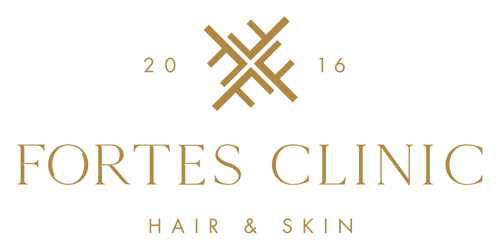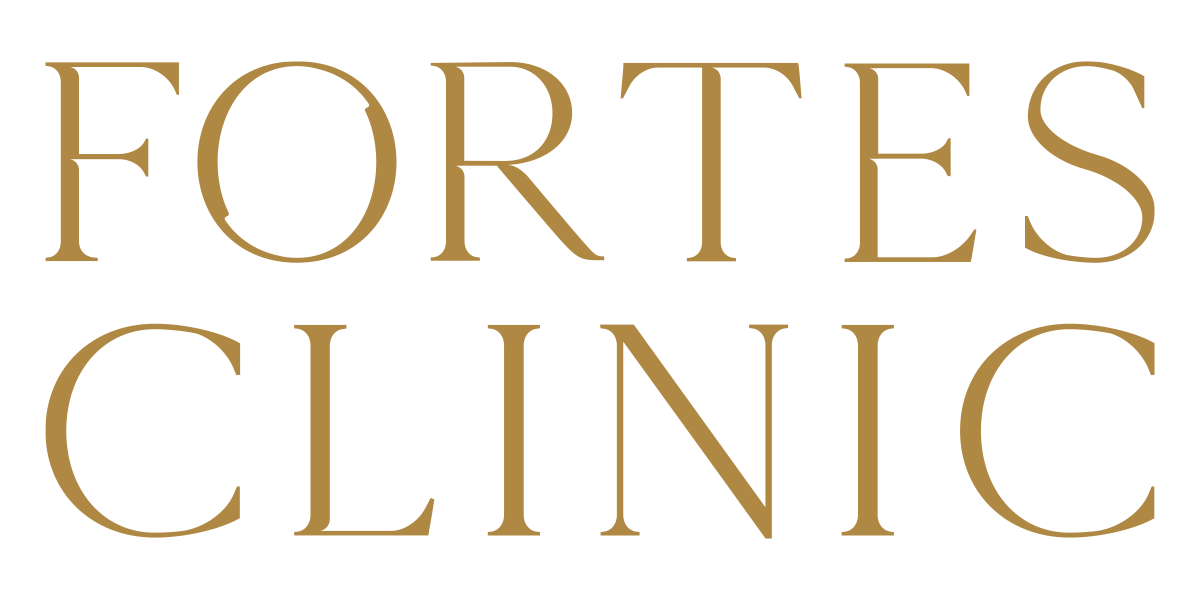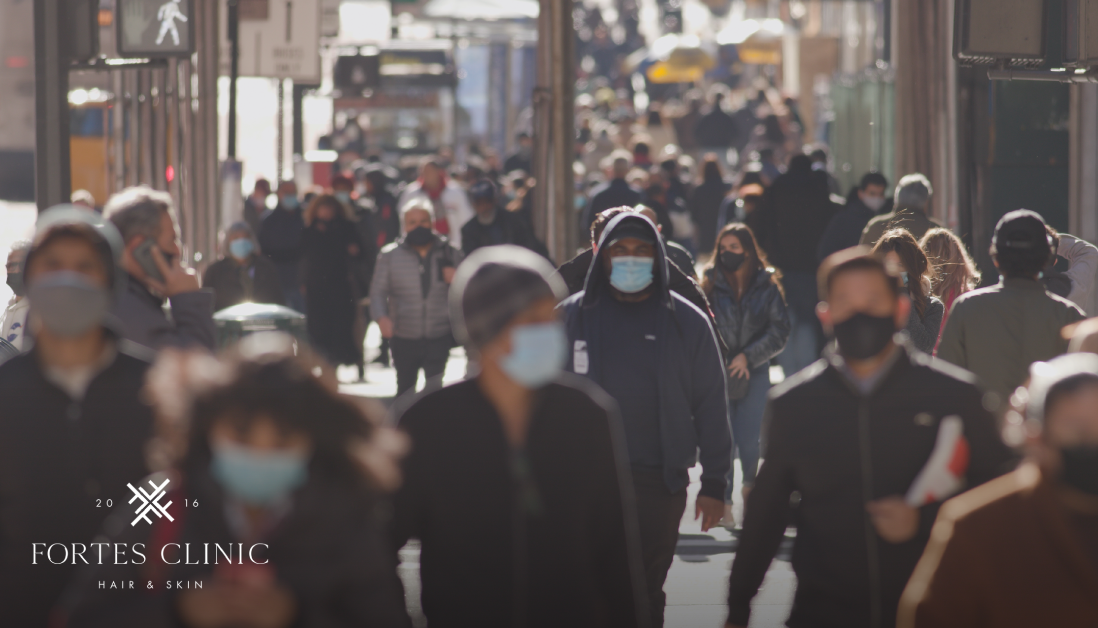The year 2020 brought with it an unprecedented global crisis in the form of the COVID-19 pandemic. Beyond the immediate health concerns, the virus has left a trail of diverse and lingering impacts. Among these, a rather unexpected issue has arisen: COVID hair loss. While the virus primarily affects the respiratory system, reports of hair loss among survivors have been on the rise, sparking concerns and questions about the connection. In this article, we delve into the intricate relationship between COVID-19 and hair loss, exploring the science, causes, coping strategies, and paths to recovery.
Understanding the Impact of COVID-19 Beyond Health
The ramifications of COVID-19 reach far beyond its physical symptoms. As the world grapples with the virus’s consequences, medical professionals are beginning to unravel its secondary effects, shedding light on issues like hair loss that might seem unrelated at first glance.
The Science Behind Hair Loss
To comprehend the connection between COVID-19 and hair loss, it’s essential to grasp how hair growth functions. Our hair goes through distinct cycles, including growth, rest, and shedding phases. This complex process can be disrupted by various internal and external factors, leading to hair loss.
How Hair Growth Works
At the heart of hair growth is the hair follicle. Tiny blood vessels nourish the follicle, providing oxygen and nutrients that stimulate hair cell production. As new cells form, the hair shaft is pushed upward, eventually breaking through the skin’s surface. Understanding this process helps us appreciate how external factors like COVID-19 can influence it.
The Role of Disruptions in Hair Growth
Hair growth is a delicate dance influenced by an array of factors. Hormonal imbalances, stress, diet, and overall health play pivotal roles in maintaining a healthy hair cycle. Disruptions to any of these elements can lead to temporary or even prolonged hair loss.
COVID-19 and Hair Loss: Unraveling the Connection
The intriguing connection between COVID-19 and hair loss has left many puzzled. Researchers are still working to decipher the precise mechanisms that link the virus to hair loss, but several patterns have emerged.
The Link Between COVID-19 and Hair Loss
Reports of hair loss post-COVID-19 have raised eyebrows globally. While not everyone who recovers from the virus experiences hair loss, it is a phenomenon worth understanding. It’s important to note that hair loss can occur after any significant physical stressor, including illness.
Types of Hair Loss Associated with COVID-19
Three main types of hair loss have been observed in COVID-19 survivors:
Telogen Effluvium Explained
Telogen effluvium is a common form of temporary hair loss triggered by a shock to the system. It pushes hair follicles into a resting phase, leading to noticeable shedding. In the case of COVID-19, the virus’s impact on the body can induce telogen effluvium.
Alopecia Areata and Its Triggers
Alopecia areata is an autoimmune condition that leads to sudden hair loss, often in circular patches. While its exact cause is unclear, it’s thought that a combination of genetics and environmental triggers, such as viral infections, can contribute to its onset.
Pattern Hair Loss and COVID-19
Pattern hair loss, also known as androgenetic alopecia, is a genetic condition that can be exacerbated by stressors like illness. COVID-19’s physical and emotional toll could potentially accelerate the progression of this type of hair loss in individuals predisposed to it.
Factors Contributing to COVID Hair Loss
The multifaceted nature of hair loss during the pandemic is underscored by various contributing factors that interact in complex ways.
Physical Stress and Its Effects on Hair
COVID-19 is a physically taxing illness that can take a toll on the body. High fever, extreme fatigue, and other symptoms contribute to the body’s stress levels, which in turn can disrupt the hair growth cycle.
Emotional Stress as a Hair Loss Precursor
Emotional stress, such as the anxiety and uncertainty brought about by a pandemic, triggers the body to release hormones that can interfere with hair follicles’ normal functioning.
Nutritional Deficiencies Amplified by the Pandemic
Nutritional deficiencies, already a concern pre-pandemic, have been exacerbated by limited food availability and altered eating habits. These deficiencies can contribute to weakened hair health.
Role of Cytokines in Hair Loss Post-Infection
COVID-19 can induce an immune response that involves the release of cytokines. While these molecules play a crucial role in fighting off the virus, an excessive immune response can inadvertently impact hair follicles.
Understanding the Psychological Impact
Coping with hair loss can take a toll on mental health. Individuals may experience lowered self-esteem and increased stress, further perpetuating the hair loss cycle.
Practical Hair Care Tips During Recovery
Despite the challenges, there are steps you can take to promote hair health during recovery.
Choosing the Right Hair Products
Opt for mild, sulphate-free shampoos and conditioners. Avoid excessive heat styling and tight hairstyles that can stress hair further.
Diet and Nutrition for Hair Regeneration
Prioritise a balanced diet rich in vitamins, minerals, and proteins. Nutrients like biotin, vitamin D, and omega-3 fatty acids support hair growth.
Incorporating Stress Management Techniques
Practice relaxation techniques such as meditation, deep breathing, and yoga to alleviate stress’s impact on hair health.
Consulting with Dermatologists
If hair loss persists, seek professional advice. Dermatologists can identify the root cause and recommend suitable treatments.
The Role of Trichologists in Hair Regrowth
Trichologists specialise in hair and scalp health. Their expertise can provide targeted solutions for hair regrowth.
Available Medical Treatments and Their Efficacy
Medical treatments like minoxidil and finasteride have shown promise in treating COVID-related hair loss. Consult a professional to determine the best approach for you.
Setting Realistic Expectations
Understand that hair regrowth takes time. Setting realistic expectations prevents frustration during the recovery process.
Monitoring Progress and Recognising Improvements
Keep track of your hair’s condition. Even small improvements can be encouraging signs of recovery.
Importance of Overall Well-being in Hair Health
Prioritise your general well-being. A healthy lifestyle contributes to both physical and mental health, promoting optimal hair growth.
Reiterating the Relationship Between COVID-19 and Hair Loss
As we navigate the uncertainties of a post-pandemic world, it’s essential to acknowledge the multifaceted impact of COVID-19. Hair loss serves as a reminder that our bodies respond to stress and illness in intricate ways. By understanding the connection between the virus and hair health, seeking appropriate care, and adopting healthy habits, we can work towards regaining control and fostering hope for a healthier future.



